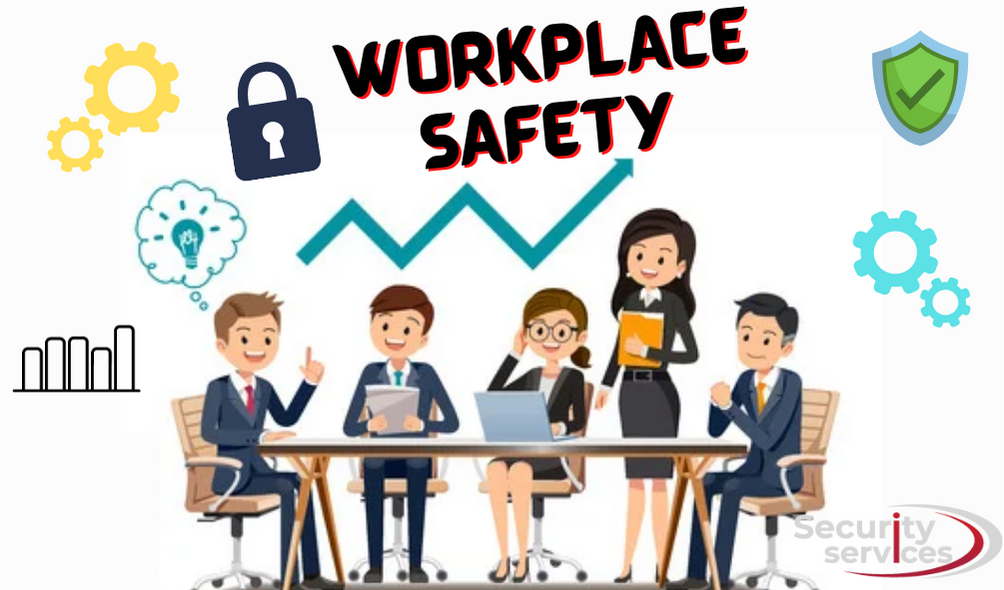Workplace security is one of the top priorities of businesses and organizations all around the world. A safe workplace makes for productive workplaces, pushing employers to look for new ways to keep their front-line, in-office, and remote employees healthy and safe. Read on as we talk about the importance of workplace safety along with some of the best practices in ensuring safe work environments including workplace safety communications.
What is Workplace Safety?
Otherwise known as worker safety and occupational health and safety, the safety of workers refers to the provision of a safe working environment, along with policies, safe equipment, and practices to guarantee the workers’ health and safety. This is especially crucial in recent times for many employers. Aside from the current COVID-19 pandemic that has resulted in more illnesses, there is also the emergence of dispersed workplaces and remote work that make it harder for employers to reach their desks and, front-line workers.
According to studies, over half of blue-collar households have a family member who has been injured while on the job and required medical attention. Although organizations and corporations have a moral obligation in ensuring safe working conditions, unsafe workplaces can also carry with their serious legal and financial consequences for employers.
Why Keep the Workplace Safe?
Workplace safety and security have a big impact on the key performance indicators of many businesses. In other words, safer working environments benefit from fewer accidents, resulting in fewer occupational health costs, less employee downtime, less retaining time, and better employee retention and satisfaction. Here are some of the reasons why it is crucial to enforce workplace safety:
- Employee Retention. Employees appreciate safe working environments, seeing this as a sign that their employer cares about their overall well-being. The feeling that they are safe at work makes them more loyal to their employers and can even make them stay longer in their employment. On the other hand, employees who do not feel safe or have experienced an accident in the workplace are more likely to look for new employers.
- Company finances. According to a report, for every dollar that a company invests in workplace safety, the result amounts to up to four dollars in return on investment. This is not exactly surprising as companies can run into serious financial trouble if an employee gets injured while at work. After all, laws require that all employers should follow specific guidelines in creating safe workplaces. Failure to follow these rules can mean serious legal and financial losses on the part of the employer.
- Employee productivity. Employees who feel safe in their workplace tend to be more productive compared to those who have been previously injured as the latter has come to develop a certain level of fright and anxiety. Eliminating hazards in the workplace allows employees to remain invested in their work and properly perform their duties.
- Employer branding and company reputation. Businesses that do not invest in workplace safety immediately develop a reputation as an unsafe employers, which gives a huge impact on employer branding and talent attraction efforts. Also, the business’s competitors, customers, and the general public usually perceive these organizations as unprofessional. Because of this, fewer people might apply for jobs with the most skilled workers looking for jobs elsewhere.
Technology and Workplace Safety
With the emergence of digital workplaces and new technology, it has become much easier to make sure that safety information is always updated and immediately accessible to at-risk employees. By using the right technology, employers can create more engaging and creative campaigns while ensuring high employee readership, which gives higher work efficiency and safety compliance.

